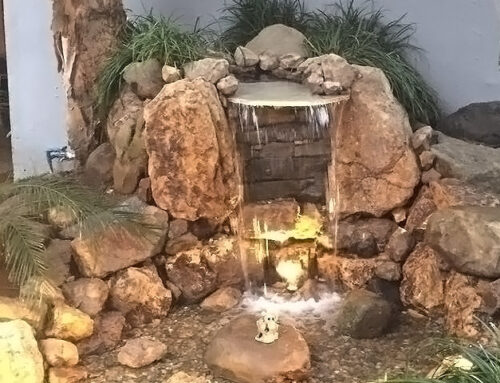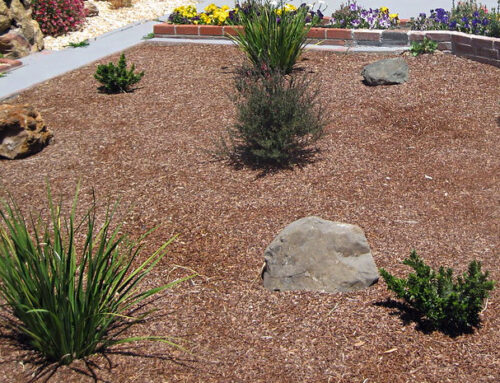Adding a deck to your home is an amazing way to increase both its curb appeal and your comfort. Imagine spending those warm summer evenings sitting on the deck enjoying a nice cold one, or wrapped in a blanket and snuggled up with a loved one on those chilly winter nights. What’s not to love, right?
But before you invest in a deck, it’s important that you ask yourself these five questions:
Do I want a deck or patio?
A patio is a ground-level, paved surface, often made with stone instead of wood. Decks, on the other hand, are raised platforms made of wood or composite materials. Patios can cost as little as $15 per square foot, while a deck will run roughly $30 to $40 per square foot. Decks cost more, but they tend to have a longer lifespan than a patio.
Of course, there are plenty of other differences between decks and patios, so do your homework before committing to a new deck.
Where will I put the deck?
The location of your deck is determined by its intended use, as well as house access. For example, if you’re planning to use the deck as a grilling space, you want it near an access door that leads to the kitchen. If, however, you want to take advantage of beautiful views on your property, you’ll install it in the location that offers the best views, even if it means you may need to add a door to the deck (which will increase the cost of the deck).
Can my property handle a deck?
First off, you have to consider if you have enough space on your property to install a deck, either freestanding or attached. You also need to evaluate the soil and ground to ensure that it can support the weight of the deck. If you get a lot of water run-off during the rainy season, the water may wear away at or even rot the support beams. You may have the money for a deck, but your property may not be suitable for one.
Wood or composite?
Wood has been the material of choice for decks for hundreds of years, but hybrid composite materials made of recycled plastic and wood fibers are becoming more and more popular. Wood (including pressure-treated lumber, cedar, and other hardwoods) tend to be more durable than composite decking, but are a lot pricier. Composite decking, on the other hand, is resistant to weather and easier to clean and install, and won’t warp, split, or rot like regular wood. However, it has to be installed with strict adherence to the manufacturer’s instructions, so there’s less flexibility.
What’s my budget?
One of the worst things you can do is start building a deck without having a clear idea of how much you can afford to spend on it. You’ll end up throwing away a lot of money, especially if you end up with a decking contractor that is more interested in getting paid than doing a good job. Having a clear-cut budget will help you to be certain what you want, what you can afford, and where you’ll have to scale back on costs.






